War & Conflict Archive
Free Newsletter
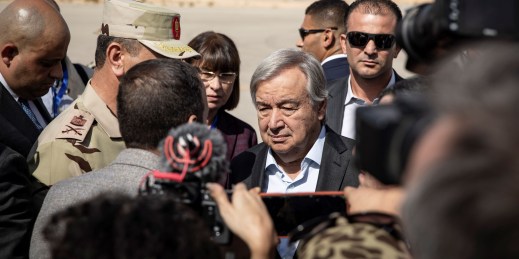
As 2023 ends, ambassadors and international officials at the U.N. do not have much to celebrate. The organization was having a hard year even before Hamas attacked Israel in October. Now the war in Gaza has sparked furious debates in the Security Council and General Assembly, with many asking if the U.N. can recover from the crisis.
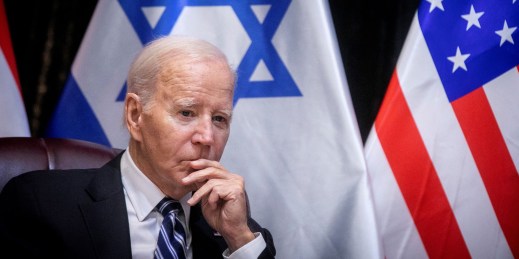
With the war in Gaza having intensified following the end of the recent U.S.-supported pause in fighting, it has become clear that this conflict is upending U.S. President Joe Biden’s plans for the Middle East: The war has dealt a body blow to Arab-Israeli normalization, while accelerating Iran’s regional integration.
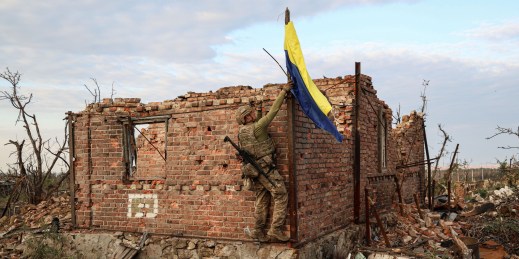
What do the war efforts of Israel and Ukraine have in common? Each is dependent on assistance from the U.S., and each sees itself engaged in an existential fight. But what is most notable is that both are engaged in war efforts that, despite imposing heavy casualties on their opponents, are in danger of strategic defeat.
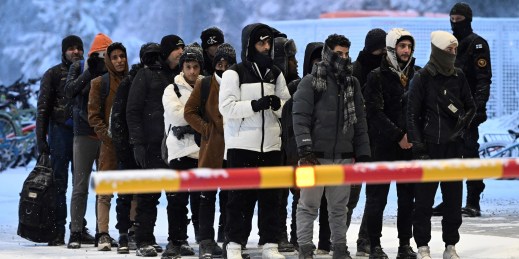
Tensions have been rising along Russia’s borders with several countries belonging to the EU and NATO. Most recently, Finland, one of NATO’s newest members, blasted the Kremlin, accusing Russia of launching a form of “hybrid warfare” by sending a surge of migrants to the Finnish border in an effort to destabilize the country.

Israel’s previous wars in the past few decades have had limited economic fallout, in part due to their brevity. But its current conflict against Hamas in Gaza promises to be a more protracted campaign, one that will affect a more significant swathe of the Israeli population and disrupt supply chains to a much greater degree.
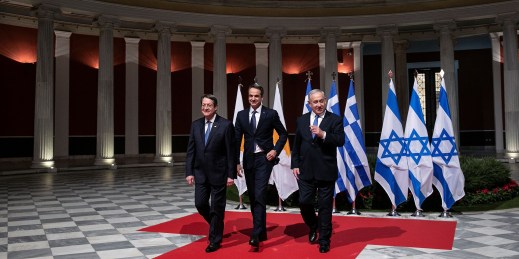
In addition to the human cost of the Israel-Hamas war in Gaza, the conflict also poses clear challenges to the regional energy ecosystem that has emerged in the Eastern Mediterranean over the past decade. Having already created immediate disruptions, the war could also have a long-term impact on its future development and expansion.
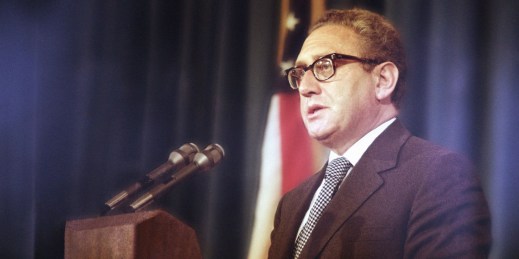
There has perhaps been no more polarizing figure in the realm of U.S. foreign policy than Henry Kissinger, who died last week at age 100. His realpolitik approach undoubtedly led to some success. But it also led Kissinger to advocate for policies whose moral grounding was dubious and whose foreign policy value was questionable.

Qatar’s role as a mediator between Israel and Hamas since Oct. 7 has given its standing a boost. That initially frustrated some of Doha’s Gulf Arab neighbors. But as the war continued, Gulf countries came to see some benefits, leading to coordination among them. As a result, the war has become a milestone in intra-Gulf relations.
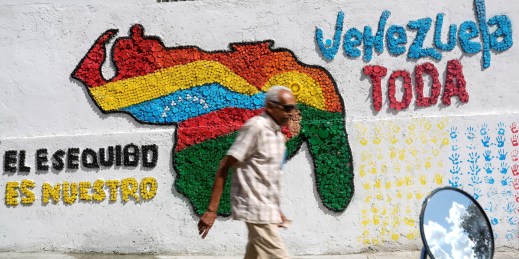
Yesterday, Venezuela held a controversial referendum to underscore its longstanding territorial claim to Guyana’s Essequibo region. But despite fears the referendum was an effort to provide popular legitimacy for the government to seize and annex Essequibo, there are plenty of reasons why a military operation to do so is highly unlikely.
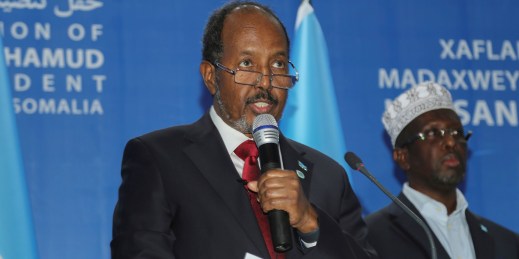
After a brief period of high expectations and progress following last year’s presidential election, Somalia continues to face familiar obstacles. President Hassan Sheikh’s government urgently needs to develop long-term policies and set realistic objectives. But consumed by the stalled war against Al-Shabaab, it has struggled to do so.

